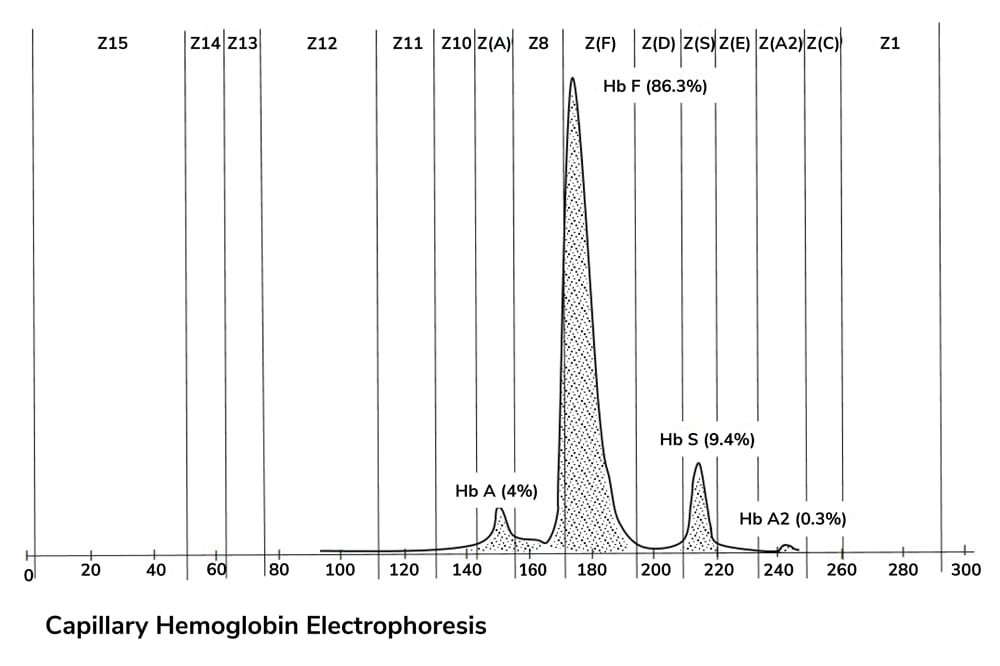In our quest to discover the elusive “magic bullet” for cancer treatment, tumor cell heterogeneity represents a major stumbling block. Now, though, a team that spans Rice and Duke Universities has gained further insights into JAG1 – a small protein that drives metastasis by allowing cancer cells to migrate in multicellular clusters. Lead author Federico Bocci of Rice University is hopeful that the protein, which sheds new light on tumor aggressiveness, could be an important target for therapeutic intervention.
In the context of cancer, the epithelial-to-mesenchymal transition (EMT) is considered the main mechanism by which cancer cells migrate. Epithelial cells in tumors lose their cell-cell adhesion and gain motility, which plunges them into the bloodstream to metastasize. “It was recently discovered that cancer cells can migrate not only as single cells, but also as multicellular clusters that carry a higher metastatic potential,” says Bocci. “JAG1 plays a significant role in this process by enabling a hybrid epithelial/mesenchymal cell phenotype characterized by both cell-cell adhesion and motility.”
JAG1 belongs to a class of ligands called Jagged, which, along with Delta ligands, bind to a receptor known as Notch in a signaling pathway that regulates tissue morphogenesis. “Factors in the tumor microenvironment that flip the balance of power to make Notch-Jagged the prevalent signaling mode can lead to more aggressive tumors,” says Bocci. The study also found that several inflammatory molecules released in the tumor microenvironment, such as interleukin 6, can increase Jagged levels in cancer cells and make the tumor more aggressive.
Targeting JAG1 significantly reduces tumor organoid growth for triple negative breast cancer in vitro (1); therefore, JAG1 is an attractive target for both diagnostic and therapeutic use. Despite the promise, the researchers note that Jagged ligands are important to the body’s inflammatory system, so any potential therapy would need to focus on controlling the level of Jagged, rather than removing it completely. Meanwhile, Bocci is focusing on the immediate future: “Experimental investigation must validate the role of JAG1 in vivo before efficient therapeutic strategies can be developed.”
References
- F Bocci et al., “Toward understanding cancer stem cell heterogeneity in the tumor microenvironment”, PNAS, 116, 148–157 (2019). PMID: 30587589.




